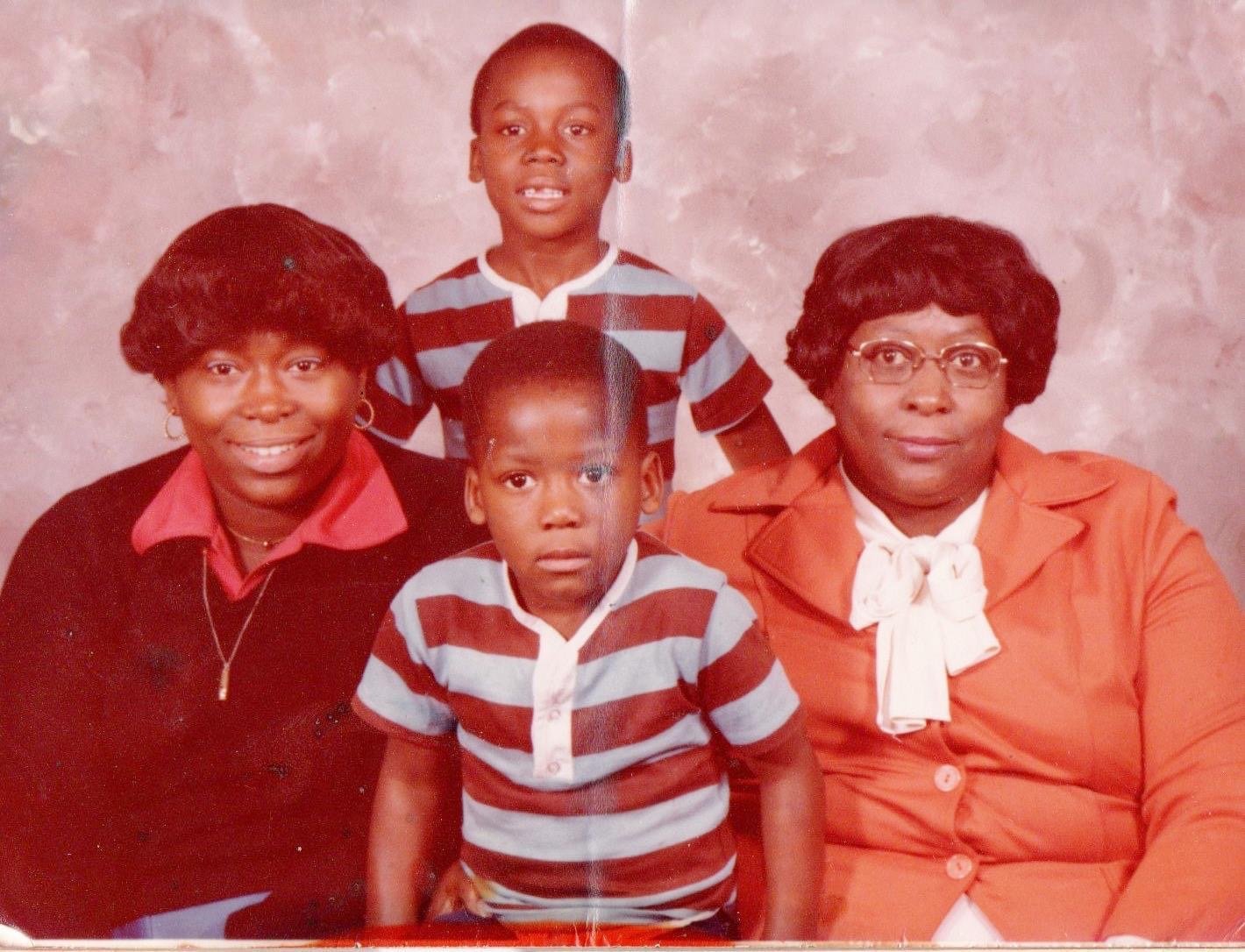What He never Had, He Became
By Justin Hill
There I was, sitting beside my older cousin Corey Fuller, watching his son Chase (The #1 baseball player in the class of 2027) walk onto the diamond. And he didn’t just step on it. He owned it. He was locked in, focused and composed. Meanwhile, just a few feet away, Corey stood tall behind the fence, present and loud when he needed to be, but quiet when it mattered.
Photo of Corey standing at the fence watching Chase
At minimum, a father should simply show up. But Corey, he’s more than present. He’s invested. He knows his son’s goals and helps him to pursue them with the intensity of a bull. Corey celebrates Chase’s wins and gets frustrated at his setbacks. He can see when his son is too hard on himself and every time, he responds. You better believe Chase knows his father is there and he isn’t going anywhere.
That’s what this story is really about: presence.
Because here’s the truth. Corey didn’t have this growing up. He knew his father, but from everything I’ve ever gathered, their relationship was…hollow at best. His dad wasn’t truly there. He wasn’t locked in. So, Corey had to learn manhood from other sources. He had to claw his way out of Country Club or what we called the South City projects in Tallahassee, FL. South City was where Corey was raised by a single mother, and where he tragically lost his younger brother (18 at the time he was killed) and my older cousin, Fred Bates to gun violence in the early ‘90s.
Fred is pictured just below Corey. This picture was taken along with their mother, Alice on the left, and grandmother Catherine on the right.
I remember being really young, going over to my aunt’s house the day after my cousin Fred was shot and killed. The whole house felt heavy. Sadness was thick in the air. You could feel it in your chest. Corey wasn’t around, and I had no way of knowing what he was feeling. I was too young to fully understand what was going on, but I knew enough to realize that Corey had just lost his brother and that kind of loss wasn’t normal. What I didn’t know back then was how much that moment would shape the man he’d become.
Corey had every excuse to fold. But he didn’t.
Corey went on to play for the 1993 National Championship football team at Florida State. While in college he discovered he was dyslexic. He didn’t graduate at first, but while he was in the NFL, Corey went back and got his degree. Ten years in the league, 4 with the Minnesota Vikings another 4 with the Cleveland Browns and 2 with the Baltimore Ravens.
He could’ve stopped there, but he didn’t.
After the NFL, Corey turned to coaching at the high school level, then eventually back home at FSU, where he now works in player development under Mike Norvell. That journey alone would be enough, but what’s most powerful about Corey is what you won’t see in the stat sheets.
He’s a father, a husband and mentor. More than anything, he’s a man who is committed to his children’s success.
Watching him with Chase, I saw a version of Corey I didn’t expect. Growing up, he was stern, tough and loud. Corey was confident - borderline cocky. But looking back, that version of Corey makes perfect sense. He wanted something different than what his parents could or would give him. He believed in himself. So of course, if he ever had kids, he was going to give them everything he had.
He parents hard—but with more love than the world could produce. And Chase? He’s not just carrying the Fuller name. He’s adding new chapters to it. He’s writing his own story while being guided by a man who knows how much the right guidance matters.
That’s what young Black boys need to see. Not perfection, but consistency. Not superheroes, but real men who stay committed. Because being a father is more than teaching a kid how to catch a ball or swing a bat. It’s about raising a human being. It’s about legacy.
Corey Fuller is that legacy.
He’s exactly what I want BlackDad culture to reflect—present and active fathers giving all they’ve got so their children can go even further. This story, this moment, this relationship between Corey and Chase—it’s why I started BlackDad in the first place.
If I had to sum up what I witnessed that day in just one sentence?
“Corey Fuller is a hero. He’s a BlackDad.”








